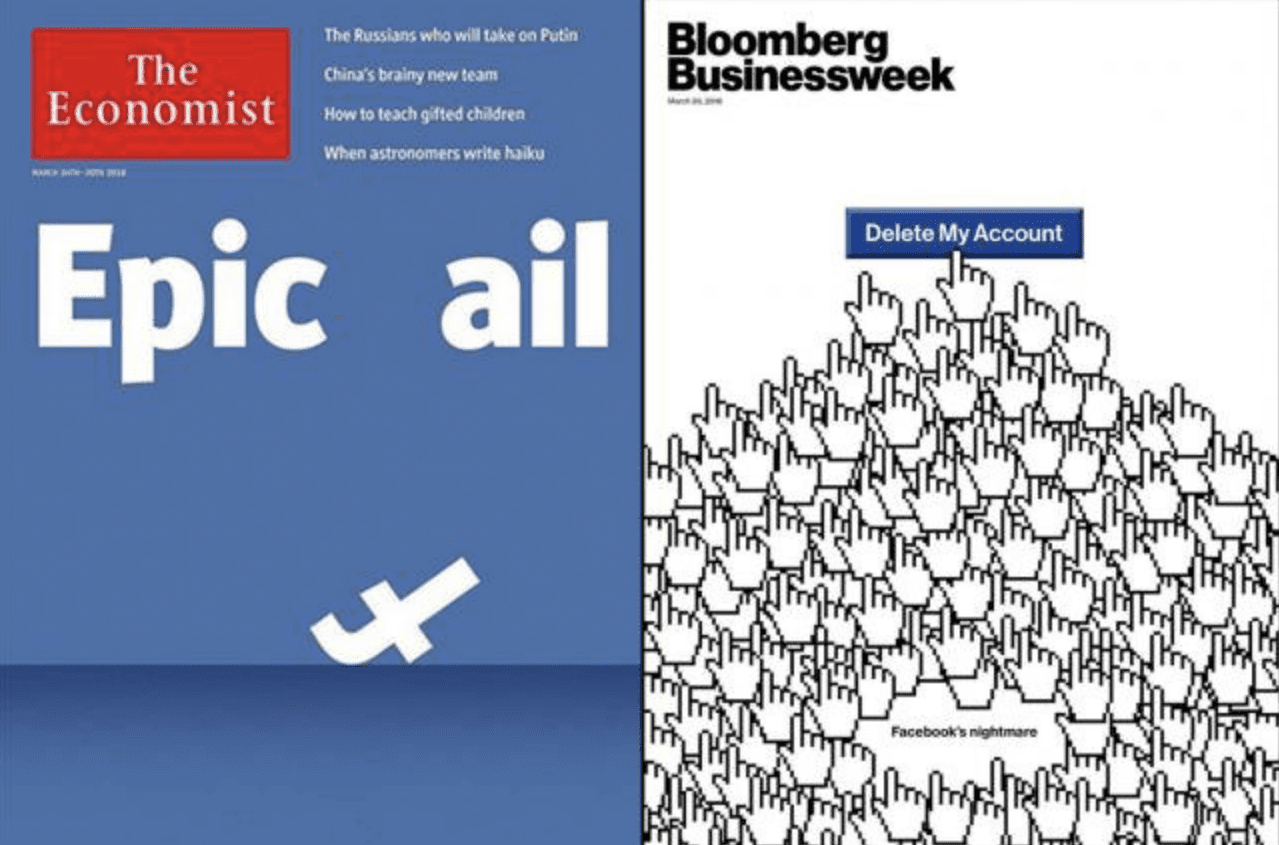One year ago, I predicted that Facebook could be facing a tough year due to the steady decline in users and the admission by former Facebook executives that the social media platform was designed to get its users addicted and was ripping apart the fabric of society. For those reasons, I cautioned Facebook advertisers to expect diminished performance from their Facebook ads. And as we enter 2019, we’re experiencing a serious case of Facebook déjà vu.
With the most recent revelation that Facebook gave some of the world’s largest technology companies including Bing, Amazon, Netflix, and Spotify more intrusive access to users’ personal data than previously disclosed, Facebook once again finds itself in hot water. Much of the negative publicity in 2018 focused on privacy concerns about Facebook. A few months back, news broke that Facebook could face a fine of $1.63 billion by the European Union for a massive data breach, and in April, Facebook CEO Mark Zuckerberg was grilled by Congress over data privacy concerns. Two questions loom large:
- Could 2019 be the year Mark Zuckerberg is forced to step aside? Zuckerberg accepting a diminished role is not out of the question given the reality that Facebook has failed to address its problems on its own. What Facebook does not want is tight government regulation, and the company may need to offer up a C-level sacrifice to avoid such an action.
- Will advertisers scale back? Businesses have continued to advertise on Facebook despite its scandals, partly because Facebook is too big to ignore and partly because there’s nowhere else for Facebook’s users to go. But Facebook is vulnerable to another platform coming along and challenging its dominance – which could change things for users and advertisers.
Advertisers may want to think twice about associating their brands with a social media giant under such scrutiny. Given the current tumultuous state of Facebook, I once again recommend advertisers proceed with caution when it comes to their investment in Facebook marketing and also lower performance expectations.
